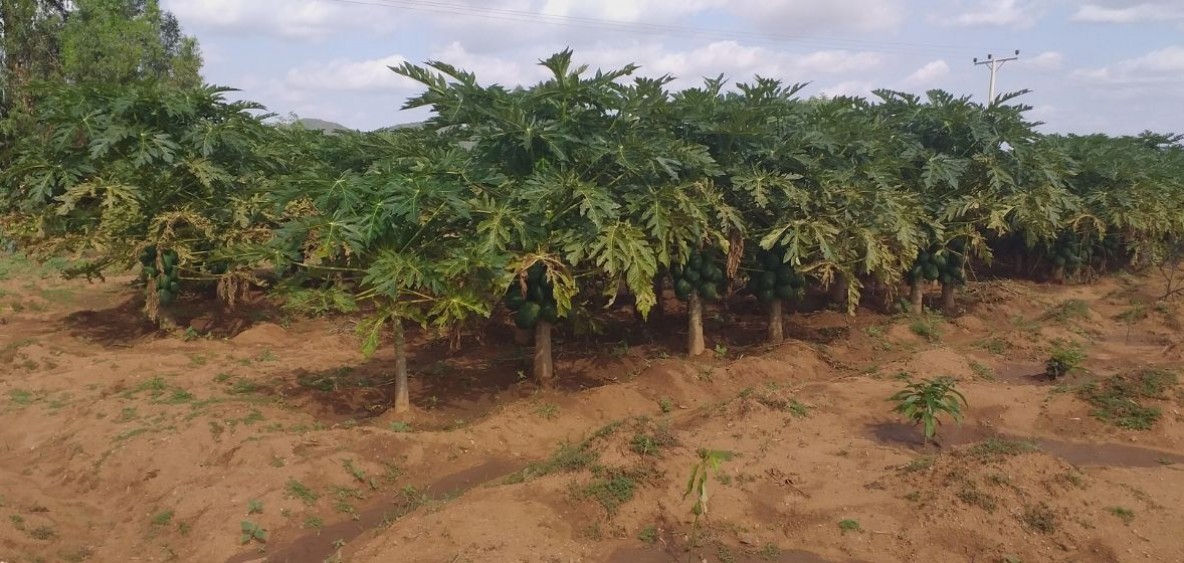
Agroforestry systems increase production (food and income security) at the household and community levels and maintain robust ecosystem services with a high degree of sustainability. Sustainability means balancing ecological benefits with sociological objectives that can be maintained long-term. The environmental integrity of natural forests and pastures in drylands can be enhanced without compromising the main existing land use and livelihood found in drylands; nomadic pastoralism.
Farmer Field Schools (FFS) are an innovative approach for conducive learning and extension and have approached a growing range of technical topics including agroforestry. A 2020/21 stocktaking by FAO and partners found that FFSs addressing forestry and agroforestry-related themes are enabling rural producers and groups to stabilize and increase food, fibre and energy production while simultaneously rehabilitating soils and pastures and restoring biodiversity, watersheds and landscapes in dryland systems.
On November 18th 2021, the GEF6 Resilient Food Systems Project, the Global Farmer Field School Platform and FAO are coming together to present at the 2nd session of the Committee on Forestry (COFO) Working Group on Dryland Forests and Agrosilvopastoral Systems from FAO. The event will be moderated by FAO and will seek to demonstrate how agroforestry interventions are critical components in achieving food and nutrition security and combating climate change and communicate how and why this approach is supported by the Committee on Forestry (COFO) Working Group of FAO to improve the resilience of communities in dryland regions. The session will draw from the experiences, initiatives and projects that are operating in participating countries. A discussion session will follow to explore the potential for agroforestry to help solve some of the key challenges associated with dryland and agrosilvopastoral systems.
Click here to register for this exciting event!
Dryland forests and agrosilvopastoral systems, when well-managed, contribute to the food security, livelihoods, the resilience of millions of people and to sustainable landscapes. To understand and tackle the problems behind the loss and degradation of agrosilvopastoral systems and forests in drylands, and to better support these systems, FAO was asked to set up a COFO Working Group on dryland forests and agrosilvopastoral systems by the 23rd session in July 2016.
That Working Group was then formally established at its Inaugural Session, which was held from 16-17 July 2019, at FAO headquarters in Rome. This session saw the participation of 20 member countries and 5 international organizations. During this session, the WG elected its Chair from the United Republic of Tanzania, Mr. Ezekiel Mwakalukwa, and two Vice-Chairs, Mr. Chadi Mohanna from Lebanon, and Mr. Dominique Louppe from France.
This year, the COFO WG will convene for its Second Session, hosted by the United Republic of Tanzania. The two-day virtual meeting, taking place on 17-18 November 2021, will bring together COFO WG members from South America, Africa, Europe, North America, Asia, and Australia. The focus of the meeting will be broadly based on collaborative, interactive and impactful knowledge sharing between communities (including family farmers and indigenous people) residing in drylands and presumed drylands.
Subscribe to our monthly newsletter to receive updates on stories directly from the field across all our projects, upcoming events, new resources, and more.